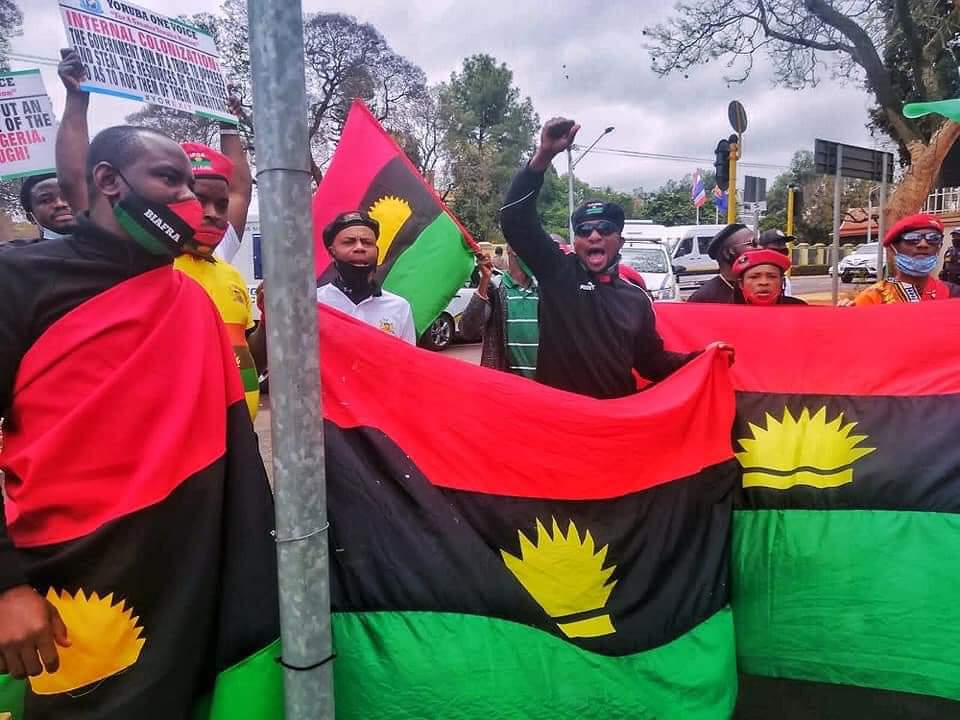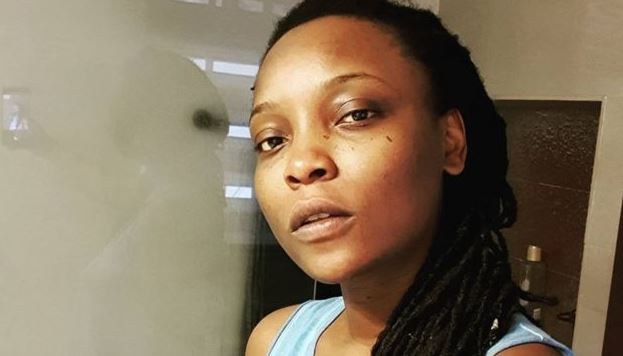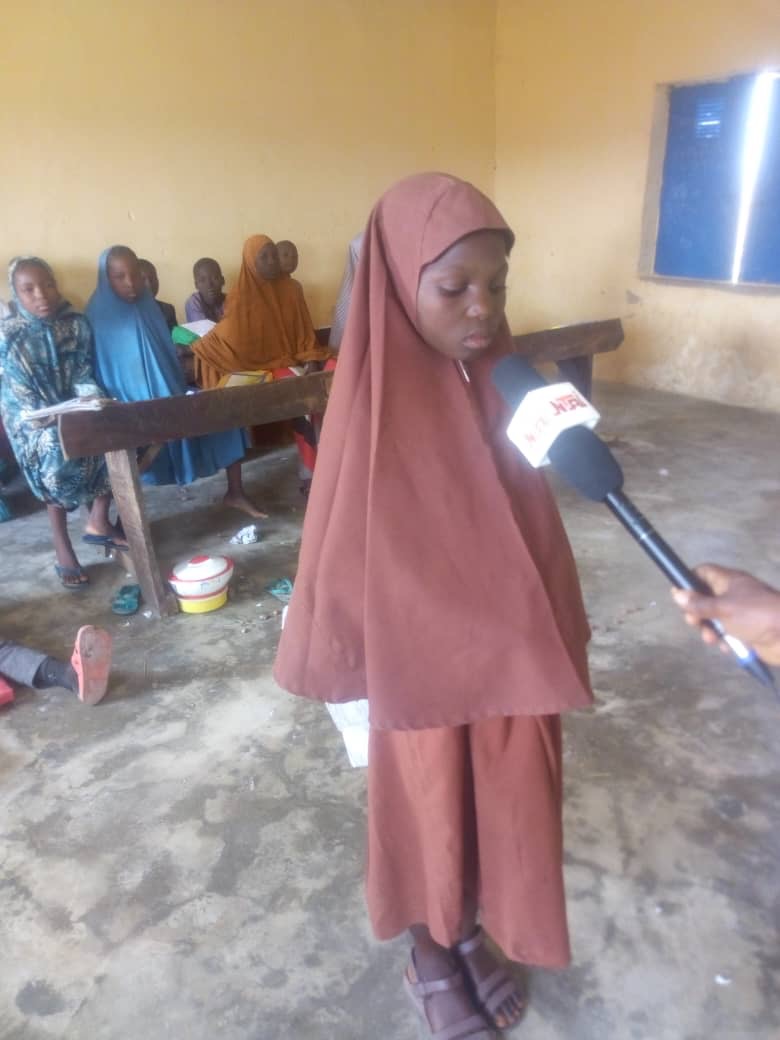The United Kingdom (UK) had pulled down its asylum policy in relation to the separatist pro Biafra group known as the Indigenous People of Biafra (IPOB) and other Biafra splinter groups.
The was contained in an e-mailed statement, in which the UK Home Office said the policy is being reviewed and will be uploaded once ready.
The email reads: “Our country policy and information notes are published on the gov.uk website. They are kept under review and updated periodically.
“We publish our notes as our decisions on protection claims can be appealed to the public immigration courts, so it is clearer and fairer to all involved (applicants, their lawyers, judges, stakeholders such as the UNHCR) to know what our position and evidence base is.
“Our note on Biafra separatists has been taken down for review; an update is expected shortly”.
Recall the Federal Government had lambasted the UK, saying the reported decision of the British government to grant asylum to “persecuted” members of the IPOB is disrespectful of Nigeria as a nation.
The Minister of Information and Culture, Alhaji Lai Mohammed, who stated this, also said that the decision amounted to sabotaging the fight against terrorism and generally undermining Nigeria’s security.
Fielding questions at a NAN flagship interview program, NANForum, on Tuesday in Abuja, Mohammed said the decision is unacceptable to Nigeria.
“Let me say straight away that this issue is within the purview of the Honourable Minister of Foreign Affairs and I am sure he will handle it appropriately.
“But as the spokesman for the Federal Government of Nigeria, I will say that if indeed the report that the UK will grant asylum to supposedly persecuted IPOB and MASSOB members is true, then something is wrong somewhere.
“Against the background of the fact that IPOB is not only proscribed but also designated as a terrorist organisation here in Nigeria, the UK’s decision is disrespectful of Nigeria as a nation.
“The decision amounts to sabotaging the fight against terrorism and generally undermining Nigeria’s security. It is not only unconscionable, it is inexplicable,’’ he said.
The minister said that there had recently been heightened attacks against security agencies in the South East Zone. He said IPOB had been fingered as being behind the attacks inspite of its denials.
“For the UK to choose this time to give succour to IPOB, beggars belief and calls to question the UK’s real intention.
“If we could go down the memory lane, what the UK has done is like Nigeria offering asylum to members of the IRA before the 1998 Good Friday Peace Agreement,’’ he said.
Recall the UK Visas and Immigration (UKVI) had released new guidelines to its decision makers on how to consider and grant asylum applications by members of Biafran secessionist groups.
In the guidelines, asylum is to be granted to “persecuted” members IPOB, a group that Nigeria had designated as a terrorist organisation.
Also in the guidelines, asylum is to be granted to the Movement for the Actualisation of the Sovereign State of Biafra (MASSOB).
Meanwhile, the British government has pulled down the notice it published regarding its asylum policy in relation to separatist pro-Biafra groups.
In the email sent to Radio Now and signed by Hannah Dawson, senior communications officer-Newsdesk at the Home office, the British government said the policy is being reviewed and will be uploaded once it is ready.
The UK government, however, did not give a timeframe as to when the updated policy will be uploaded to their website.
Earlier, the British High Commission, responding to the allegations by the Federal Government, in an apparent rebuff, said the UK had a proud history of providing protection to those who needed it.
The High Commission in an email to PUNCH explained that all asylum and human rights claims from Nigerian nationals are carefully considered on their individual merits in accordance with the UK international obligations.
The emailed statement reads: “The UK has a proud history of providing protection to those who need it, in accordance with our international obligations under the Refugee Convention and European Convention on Human Rights.
“Our country policy and information notes are published on the gov.uk website. They are kept under constant review and updated periodically – an update to the Biafra separatist note is expected shortly. We publish them since our decisions can be appealed in the immigration courts, which are public, so it is clearer and fairer for all involved (applicants, their lawyers, judges, stakeholders such as the UNHCR) to know what our position and evidence base is.
“All asylum and human rights claims from Nigerian nationals are carefully considered on their individual merits in accordance with our international obligations.”






![#EndSARS: Watch as DJ Switch testifies before Canadian parliament [VIDEO]](https://thenewsguru.ng/wp-content/uploads/2020/11/images-8-1.jpeg)
